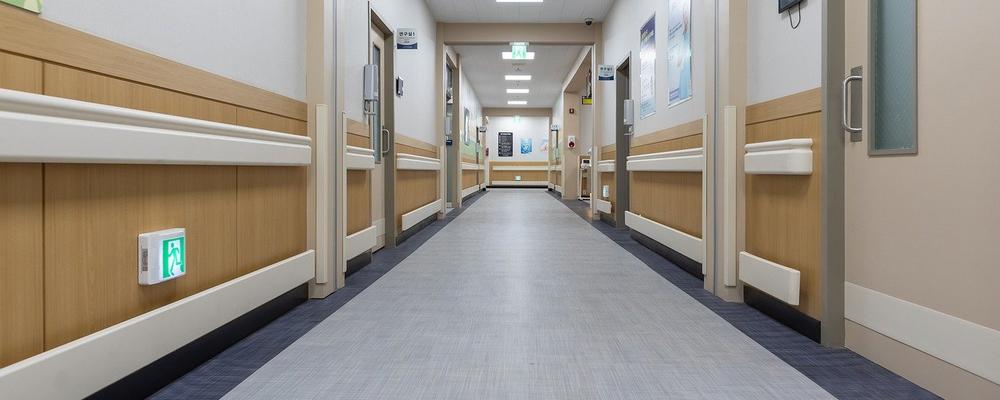Why did you conduct a study specifically on female medical staff's encounters with raped women?
We wanted to look at this from the perspective of professionals - what it is like as a woman in medical care to meet and support women who have been raped. Previous research shows that women who have been raped feel most comfortable sharing their experiences with another woman. There is both a historical and a global tradition of women supporting each other in relation to men's violence. The fact that there are female healthcare staff in the study is partly due to the fact that mainly women work in medical care for raped women.
The study points to decisive differences between specialized units and general gynecological units in Sweden, in terms of resources to meet these women. What can this entail for patients and medical personnel?
One difference is the premises and the logistics, the administration. At the specialized units, you have the ability to meet the patient in a more homelike and furnished environment. The conversations is allowed to take time and the patient has the opportunity to meet the same staff in follow-up visits.
At the general gynecological units, patients with acute and severe somatic conditions are also admitted, and must be prioritized. This makes the waiting time longer, and while waiting the patient is placed in general waiting rooms, with other patients, or alternatively, in clinical hospital rooms. The personnel does not have the same abilities to stay with the raped woman and to allow her narrative to take time. This also affects the medical staff, who describe that they would like better structural conditions to be able to offer a more caretaking meeting.
Our study shows a strong commitment among medical staff and many describe how they do their utmost during suboptimal circumstances. Working under such conditions has a negative emotional impact and affects the staff's opportunities for collegial support and recovery.
What is needed in this area to improve the care for this patient group?
Our study shows the importance of time and space in the treatment of this patient group. The staff's efforts need to be validated and their criticisms of limitations and suggestions for improvements need to be heard.
The study also shows that the treatment of this patient group is a team-work, where all professions (assistant nurse, nurse, medical doctor) have different roles and are equally important. Furthermore, our study shows a need for extended communication between different actors, such as police, medical care and legal authorities, as well as between somatic care and psychiatry.
The results of the study are reported in the article "We will make you feel safe": Female medical staff's experiences of meeting raped women in Sweden, which is published in the journal Feminism & Psychology.
The study is a part of the research project ”Raped women: Quality of initial police and medical care contact”.
